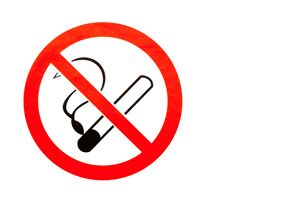ASEAN governments should try to make their tobacco tax policies more effective, not only for the health of smokers but also for the health of their revenues, according to a story in Vietnam News.
This recommendation was issued recently in a report by the Southeast Asia Tobacco Control Alliance (SEATCA).
SEATCA based its recommendation on a tobacco tax index that was made public during a regional workshop on strengthening tobacco tax administration.
The workshop was held in Siem Reap, Cambodia, and attended by tobacco tax experts from ASEAN countries, including Cambodia, Indonesia, Laos, Myanmar and Vietnam.
The index tracked the ‘progress’ of tobacco tax policies against Article 6 of the World Health Organization’s Framework Convention on Tobacco Control.
It showed that while some countries had made what was called significant progress in formulating and implementing tobacco tax policies, the region had advanced at a slow pace in the past few years, and had been outpaced by economic and income growth.
According to the index, cigarettes are becoming more affordable in ASEAN countries.
Thailand imposes the highest tax burden as a percentage of retail price, 70 percent, Singapore imposes 66.2 percent, Brunei 62 percent, Cambodia 25-31.1 percent, and Laos 16-19.7 percent.
Sophapan Ratanachena, SEATCA’s tobacco tax program manager, said most ASEAN countries had no long-term tobacco tax policies with regularly adjusted fiscal and public health targets.
“The major obstacles in some countries are the ineffective tobacco tax structures, such as Indonesia’s multi-tiered system or those with purely ad valorem tax systems, weak tax administration and tobacco industry interference to weaken tax policy or reduce tax collection efforts,” Ratanachena said.
Based on international guidelines, SEATCA urged ASEAN governments to implement long-term tobacco tax policies that included public health targets, to apply a uniform specific tax system or a mixed system with a minimum specific tax floor, and to tax all tobacco products in a comparable way.
SEATCA recommended that governments should ask tobacco companies to submit periodically detailed financial reports, to establish a tracking and tracing system, including fiscal markings with a unique identifier, to reduce the risk and assist in the investigation of the illegal trade in tobacco products; and to forgo tax-free or duty-free tobacco sales.
It recommended that governments should implement a code of conduct for all government ministries and officials that prohibits unnecessary interaction with the industry.








